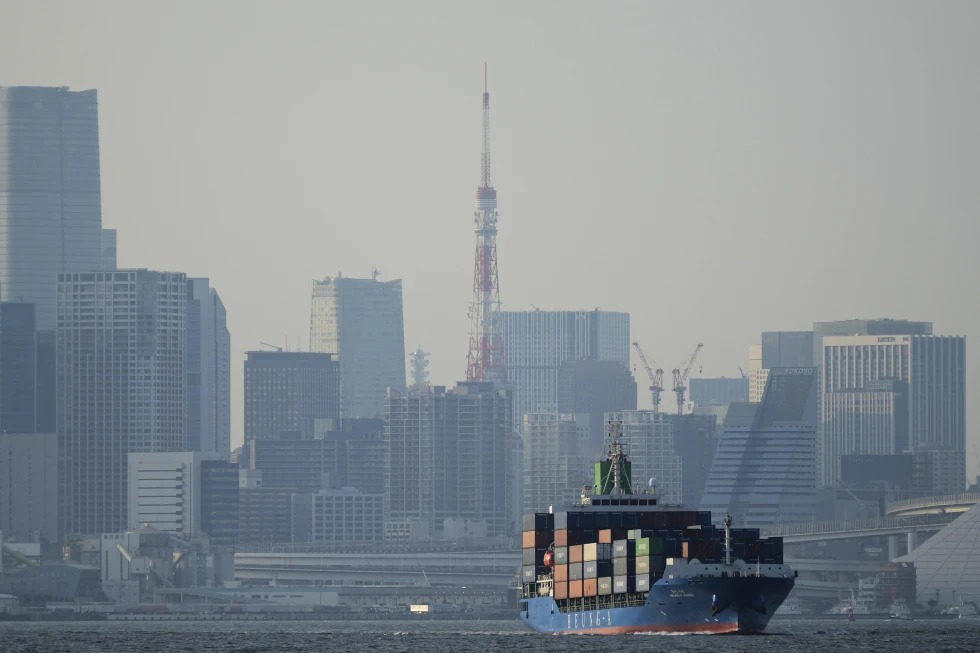
Published :
Updated :

Japan experienced a drop in exports in May, largely driven by a nearly 25% year-on-year fall in automobile shipments to the United States due to increased tariffs imposed by President Donald Trump. According to a report from the Finance Ministry on Wednesday, overall exports declined by 1.7%—a smaller drop than analysts had predicted. However, imports fell more sharply by 7.7%, indicating weakening domestic demand, and exceeding April’s 2% decline.
As a result, Japan recorded a trade deficit of 637.6 billion yen (approximately $4.4 billion) for the month.
No resolution has been reached between Japan and the U.S. regarding the tariff issue. Prime Minister Shigeru Ishiba, following his meeting with President Trump at the recent G7 summit in Canada, stated that both countries failed to come to an agreement on key matters.
President Trump has imposed an additional 25% tariff on Japanese vehicles and a 24% tariff on various other products, warning that the auto tariff could be raised further. In response, Ishiba has reiterated Japan’s strategic importance as a U.S. ally and highlighted efforts to safeguard national interests.
The auto sector remains a cornerstone of Japan’s economy, with over a million vehicles exported to the U.S. each year. Japanese officials continue to point out that major car manufacturers like Toyota and Honda have extensive production operations in North America, contributing to job creation and the U.S. economy.


 For all latest news, follow The Financial Express Google News channel.
For all latest news, follow The Financial Express Google News channel.